Fostering a Love for Science in Your Young Child: Five Effective Strategies
Written on
Children are Innate Explorers
From the moment they are born, children engage in experiments. They learn that their cries elicit care, explore their hands by putting them in their mouths, and investigate their toys to understand various shapes and textures. They delight in dropping objects to grasp the concept of gravity and enjoy peek-a-boo games, realizing that their parents will return after a brief absence. Constantly testing their hypotheses, they adjust their comprehension of the world around them.
As Carl Sagan eloquently states, “Every kid starts out as a natural-born scientist, and then we beat it out of them. A few trickle through the system with their wonder and enthusiasm for science intact.” As parents, we have an incredible opportunity to ignite an interest in science during these formative years—not necessarily to steer them toward scientific careers, but to nurture their curiosity and broaden their understanding of the universe.
The Goal: Cultivating a Lifelong Curiosity
Parents can introduce scientific concepts in engaging ways. By making science fun, children are likely to develop a genuine love for it. As Kurt Vonnegut put it, “Science is magic that works.” And indeed, children are drawn to magic—the thrill of an expectation met through experimentation leads to both joy and learning.
However, it's crucial to strike a balance and avoid overwhelming them with incessant science activities that could lead to boredom. Science should be woven into their lives subtly and engagingly, without the formal “teaching” approach that often diminishes their enthusiasm. As Jean-Jacques Rousseau wisely observed, “We should not teach children the sciences, but give them a taste for them.” This quote encapsulates the essence of our mission: to provide our children with a flavorful introduction to science devoid of heavy theory.
Five Strategies to Engage Your Child in Science
Visit Museums
Museums are fantastic venues for immersing children in the wonders of science. Engaging exhibits and interactive activities can easily capture their imagination for hours. One of our favorite destinations is the Tellus Museum, nominated as one of USA Today’s top science museums. The incredible displays—from dinosaurs to space missions—are sure to fascinate.
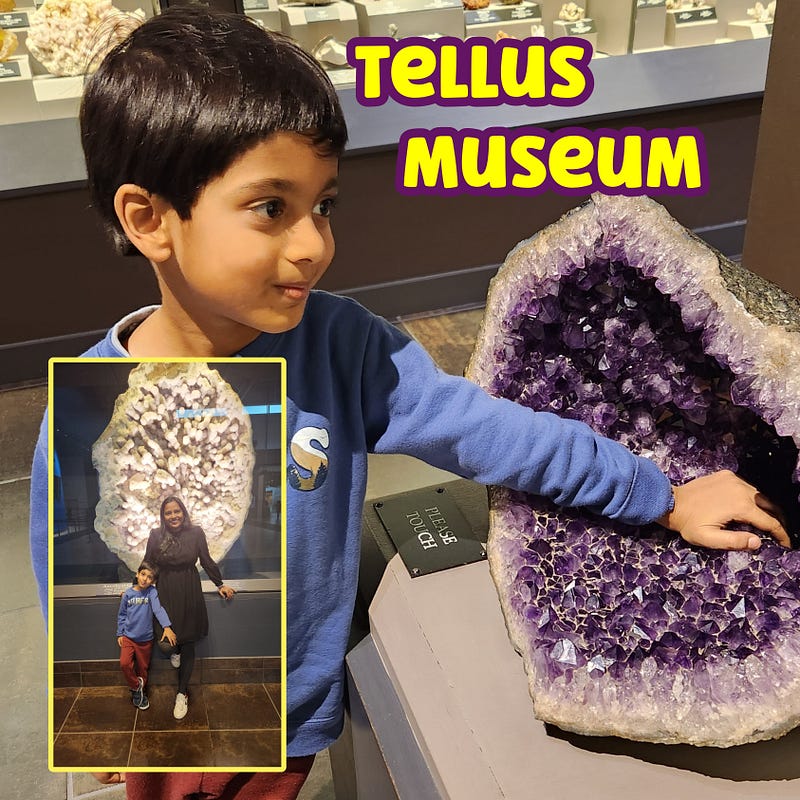
The museum’s fossil-digging and gem-panning activities are particularly appealing to children, offering hands-on experiences that ignite their curiosity. A heartfelt thank you to the museum volunteers who make these explorations enriching and enjoyable for families.
Explore Books
Books provide a solid foundation for scientific understanding. Our local library is filled with an array of children's science literature. One standout is Animated Science: Periodic Table, illustrated by Shiho Pate, which captivates young readers with its stunning visuals.
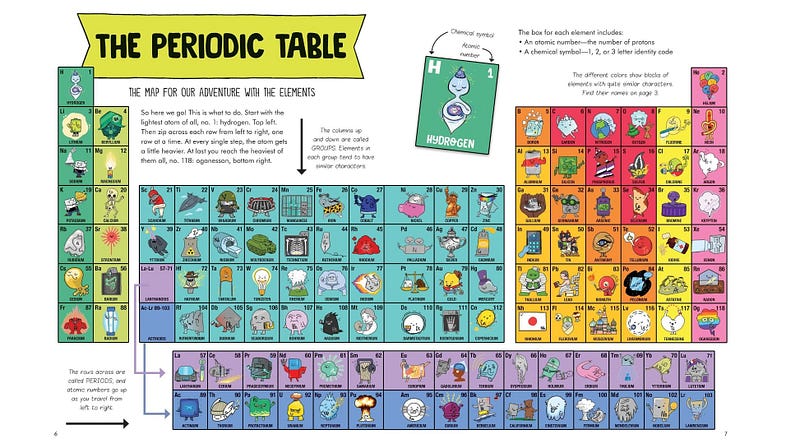
This book has significantly sparked my son's interest in the elements and their unique characteristics. Collecting science books not only enriches our lives but also enhances our understanding of the world.
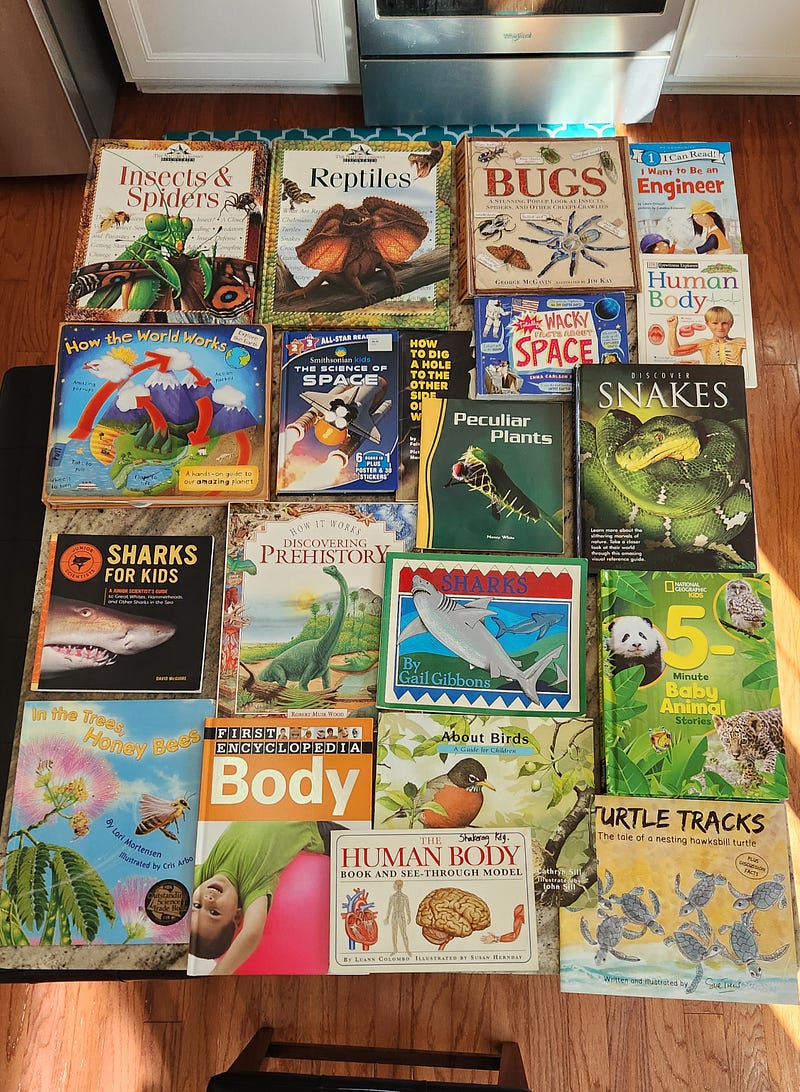
Conduct Activities and Experiments
Simple experiments can be incredibly enjoyable. We frequently use a science kit that includes various engaging activities requiring only a few common household items. These experiments are also a hit during playdates!
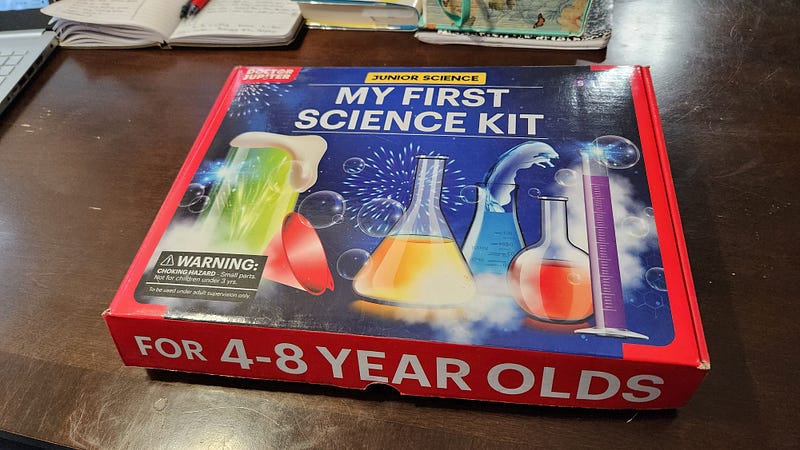
Our Terrarium Grow Kit has provided delightful results, and our rock, mineral & fossil activity kit offers an amazing assortment of specimens that fascinate both my son and me.
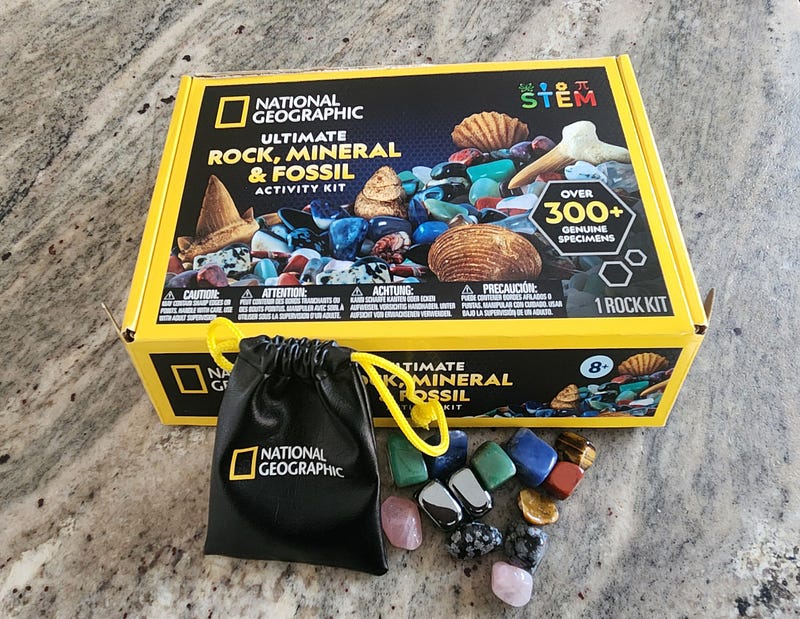
Utilize Artifacts
We also learn about the periodic table through a well-illustrated laminated poster displayed in my son’s play area. This economical yet impressive resource provides easy access to information while he plays.
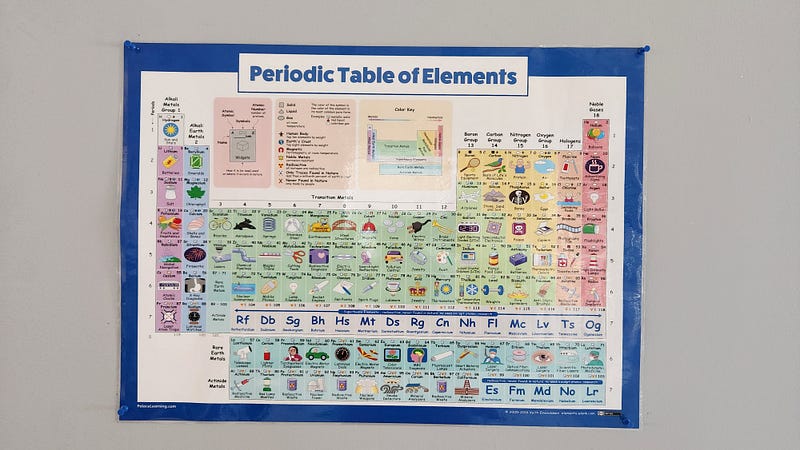
He often enjoys teaching me about the elements too!
Leverage Electronic Media
A fun app we enjoy is Stellarium, which presents a live view of the night sky, showcasing stars, planets, and even man-made satellites. It’s an entertaining way to discuss outer space and technology while out and about.
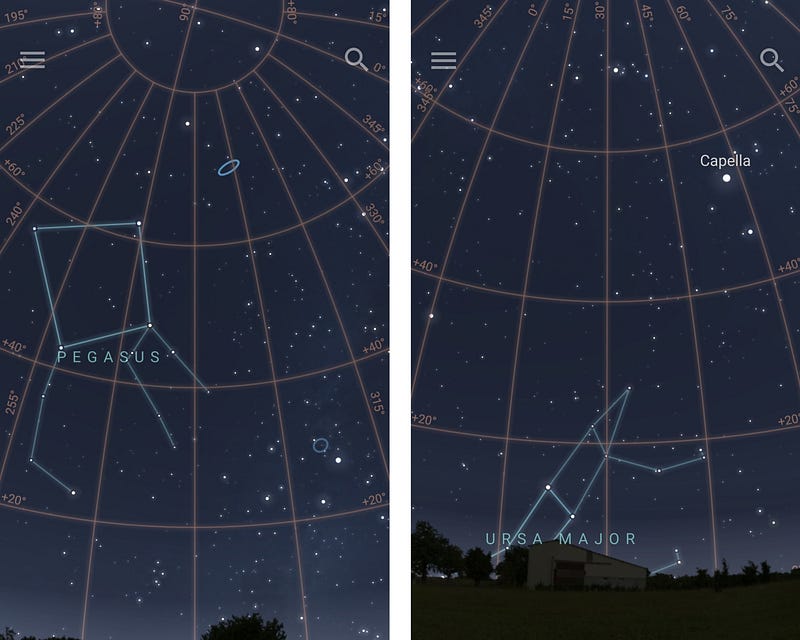
Numerous YouTube channels also provide wonderful science content for young kids, including Hopscotch, Peekaboo Kidz, Science Max, TED-Ed, and SciShow Kids.
Conclusions and Key Takeaways
Encouraging our children's fascination with science opens up a world of exploration and excitement. Whether through visits to museums, engaging books, hands-on experiments, scientific artifacts, or electronic media, there are endless opportunities to enrich their lives.
Remember the insightful words of Jean-Jacques Rousseau: “We should not teach children the sciences, but give them a taste for them.” Our goal is to cultivate a lifelong passion for learning and discovery in our children. Through these shared activities, we enhance their understanding of the world and strengthen our precious bond.
As demonstrated through my experiences, instilling a love for science in your child is not only achievable but also immensely rewarding. I encourage you to try some of these strategies if you haven’t already. Personally, I have learned so much along the way and can attest to the numerous insights and discoveries that await.
Thank you for reading my reflections!